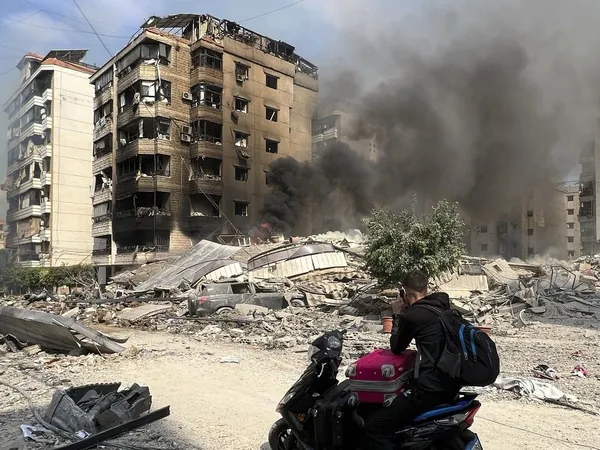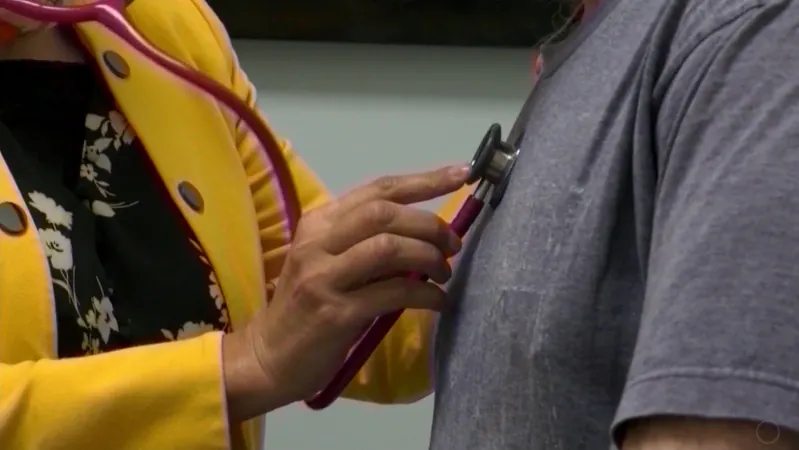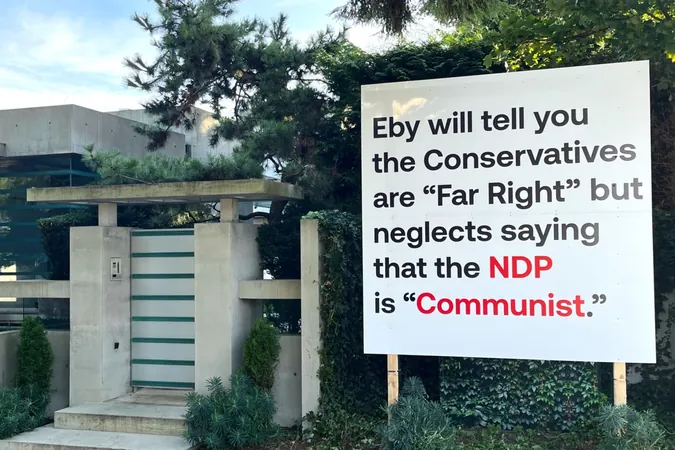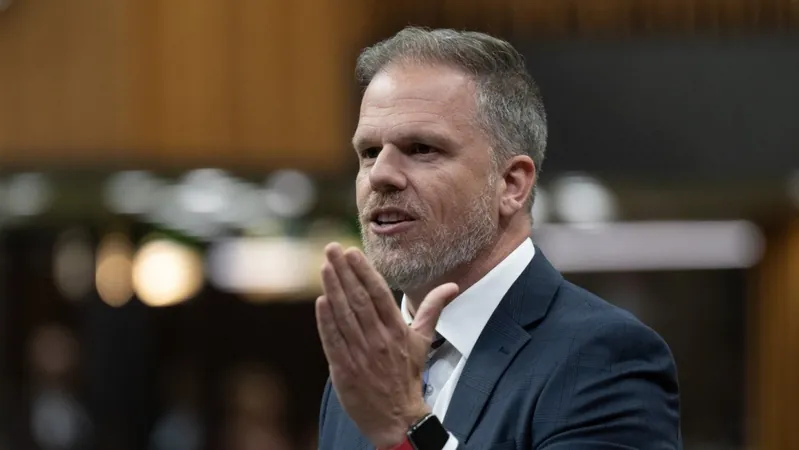
Majority of Canadians Believe Those in High-Risk Conflict Zones Should Not Rely on Government Protection: New Poll Reveals
2024-10-05
Overview of Canadian Public Opinion on Government Responsibility
As the Canadian government undertakes an airlift operation to evacuate its citizens from conflict-ridden Lebanon, a recent Leger survey has unveiled some striking opinions among Canadians regarding the responsibilities of their government. According to the poll, over half of Canadians, specifically 52%, believe that those who choose to remain in high-risk conflict areas do not deserve government protection or evacuation, even after receiving warnings to leave.
Contrasting Views on Government Duty
In contrast, only around 34% of respondents felt that the federal government has a duty to evacuate citizens from these perilous situations. This sentiment might be influential if the current commercial evacuation options become unavailable, forcing the government to conduct a more organized and potentially costly evacuation of its citizens. Andrew Enns, executive vice-president at Leger, suggested that public attitudes toward government responsibilities could shift if evacuation choices diminish.
Current Evacuation Efforts
Currently, nearly 900 additional flight seats have been made available for Canadians wishing to leave, with Foreign Affairs Minister Mélanie Joly urging citizens to utilize these opportunities. Despite this, reports indicated that flights recently flown from Beirut to Istanbul saw a significant reduction in passenger numbers, with only 275 out of 650 reserved seats filled.
Historical Context
This situation draws parallels with Canada’s response during the 2006 conflict between Hezbollah and Israel, when Ottawa was estimated to have spent over $85 million to evacuate approximately 15,000 Canadians. After that conflict, many evacuees returned to Lebanon, raising questions about the responsibility of citizens and their reliance on government intervention in conflict situations.
Generational and Regional Differences
The poll results also highlighted a generational divide in opinions. About 49% of young Canadians aged 18-24 believe the government should protect its citizens in conflict zones, whereas a staggering 70% of those 55 and older disagree, likely shaped by their experiences during past crises. Regional differences are also notable, with provinces like Manitoba and Saskatchewan showing a prominent lack of support for government intervention, as 65% of respondents opposed it.
Gender and Political Influences
Gender perspectives reveal that 37% of men supported government protection compared to 30% of women, with a similar split among those against it. Political affiliations significantly influenced respondents' views. Support for government protection was strongest among left-leaning parties, with 48% of NDP supporters and 49% of Green Party members advocating for it, while Conservative party members overwhelmingly rejected the notion, with 64% opposing government responsibility.
Survey Methodology
This online survey, conducted with 1,626 individuals aged 18 and older, has a margin of error of plus or minus 2.43%, making it a pivotal study in understanding Canadian attitudes towards government responsibilities in international crises.
Conclusion and Future Implications
As the situation unfolds in Lebanon, the Canadian government faces tough questions about its role in protecting its citizens abroad. What will this mean for the future of international Canadian residents in crisis? Stay tuned for more updates as this story develops!









 Brasil (PT)
Brasil (PT)
 Canada (EN)
Canada (EN)
 Chile (ES)
Chile (ES)
 España (ES)
España (ES)
 France (FR)
France (FR)
 Hong Kong (EN)
Hong Kong (EN)
 Italia (IT)
Italia (IT)
 日本 (JA)
日本 (JA)
 Magyarország (HU)
Magyarország (HU)
 Norge (NO)
Norge (NO)
 Polska (PL)
Polska (PL)
 Schweiz (DE)
Schweiz (DE)
 Singapore (EN)
Singapore (EN)
 Sverige (SV)
Sverige (SV)
 Suomi (FI)
Suomi (FI)
 Türkiye (TR)
Türkiye (TR)